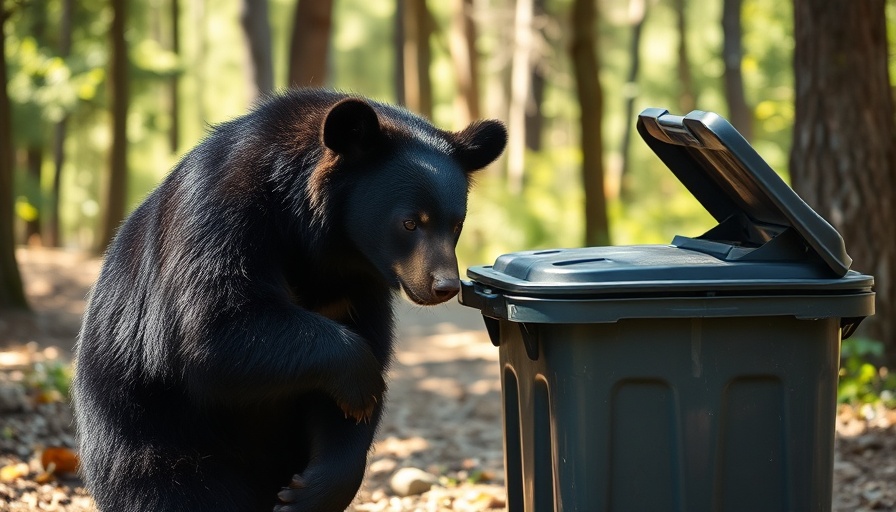
The Florida Bear Hunt: Controversial Conservation or Necessary Control?
The Florida Fish and Wildlife Conservation Commission (FWC) is at a crossroads as they contemplate reviving the state’s bear hunt for the first time since 2015. While the bear population has seen significant growth, reaching over 4,000, the debate surrounding the hunt raises essential questions about wildlife management, conservation, and community safety.
In FWC holds meeting to discuss possible bear hunt proposal, the discussion dives into a heated debate over wildlife management in Florida, exploring key insights that require deeper analysis.
A Growing Bear Population in Florida
According to FWC data, the bear population in Florida has nearly doubled since 2002, increasing from approximately 1,000 to over 4,000 bears today. This growth has come with its challenges, particularly in central Florida, where almost half of the nearly 60,000 bear-related incidents reported between 2014 and 2023 have occurred. The continued increase in human-bear interactions has prompted concerns among residents about safety and the ecological balance.
Public Opinion: Divided Voices
During a recent virtual meeting, FWC officials sought public feedback on the proposed hunt, revealing a split opinion among Floridians. While some community members argue that hunting bears is a necessary means of controlling the population and protecting property, animal rights activists vehemently oppose it, citing ethical concerns about wildlife preservation. For many, the question is not merely about hunting but ensuring that wildlife populations are managed in a way that balances human coexistence with nature.
Lessons from Past Hunts
The last bear hunt in Florida in 2015 ended abruptly when the quota was reached after just two days. Out of the 295 bears that were killed, many critics argued that this indicated insufficient planning and understanding of population dynamics. Chuck O’Neil from Speak Up Wekiva Inc. recalls his organization’s lawsuit against the FWC to prevent the previous hunt, highlighting ongoing community resistance.
Historical Context Matters
Understanding the history of bear hunts in Florida provides crucial context for the current debate. The population of bears once dwelled primarily in designated conservation areas, but as urban areas expand, natural habitats shrink. The last comprehensive population study was conducted in 2015; thus, critics suggest that the FWC should update their data before making any hasty decisions regarding bear hunts.
Ecological Insights: Bears and Their Role
From an ecological perspective, bears play a vital role in their habitats. As omnivores, they help in seed dispersal and maintaining the balance of species within the ecosystem. Dr. Mark Martin, a Florida Chapter member of Backcountry Hunters and Anglers, emphasized the importance of public input during these meetings. Understanding the broader ecological impact can aid in formulating effective strategies that prioritize both wildlife protection and community safety.
Looking Ahead: What Does the Future Hold?
The FWC remains committed to gathering public comments, indicating that the final decision will not be made hastily. The importance of current public sentiment cannot be underestimated, as it shapes the policies that affect both bear populations and human communities. How the FWC chooses to address this critical issue may serve as a model for wildlife management in other regions facing similar challenges.
Strong Advocacy and Conservation Efforts
The discussion about bear hunts comes at a time when conservation efforts are being re-evaluated. The increased advocacy from organizations like Speak Up Wekiva shows a growing movement to protect Florida's wildlife. Engaging community stakeholders in dialogue about conservation measures not only educates the public but also fosters a shared responsibility for nature.
Final Thoughts: Community Engagement is Key
As this debate unfolds, it's clear that community engagement is crucial to shaping sustainable wildlife management. The voices of both bear advocates and opponents must be considered carefully. Floridians must continue to explore viable solutions that enhance safety without sacrificing wildlife integrity. Whether one supports or opposes a bear hunt, the central issue remains: creating a future where humans and wildlife can coexist.
 Add Row
Add Row  Add
Add 






Write A Comment